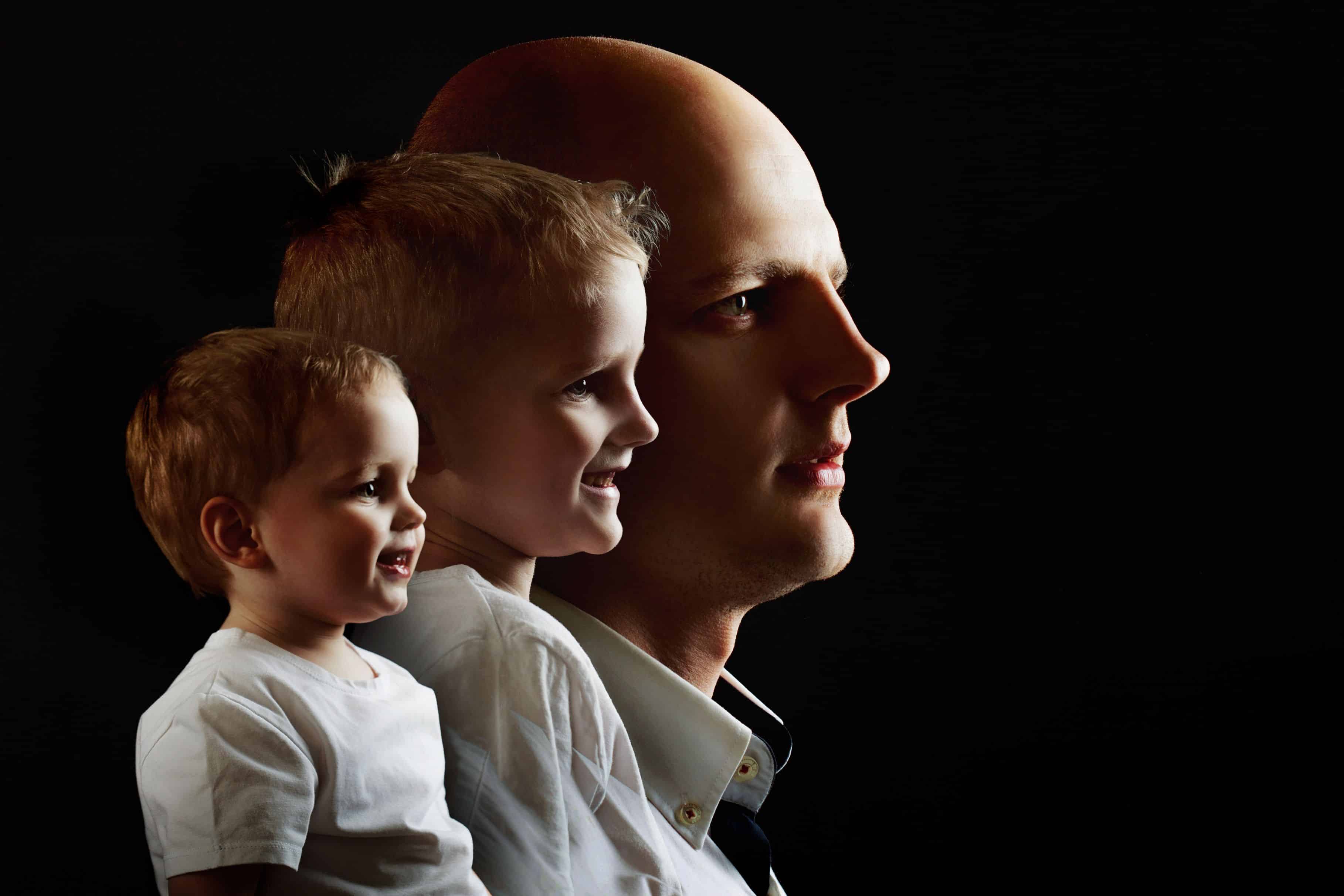The quest for slowing down the aging process has taken on a scientific turn, with the focus shifting towards understanding and reversing one’s biological age, as opposed to chronological age. Biological age, indicating the health of tissues and organs, has become the target of numerous interventions, from fitness regimens to lifestyle changes, and even DNA examinations. The idea behind this pursuit is that an individual’s physiological state could be younger or older than the actual number of years lived, and adjusting this could potentially add years to life.
Key Points:
- Biological age refers to the overall health and functional state of an individual’s tissues and organs, rather than the person’s chronological age. People are investing time and resources to fine-tune their biological age in the pursuit of health and longevity.
- Methods of calculating biological age range from simple fitness tests to advanced epigenetic clocks. Epigenetic clocks, which monitor DNA methylation, are currently seen as the most accurate and reliable means to assess biological age.
- High-profile individuals like Bryan Johnson and Chris Mirabile have reportedly managed to lower their biological ages significantly by incorporating strict diet, fitness, and health regimens into their lives, often involving substantial financial investments.
- Various companies are developing treatments aimed at reversing the biological clock, particularly on heart and muscle tissue, indicating a growing commercial interest in this field.
- According to Dr. Nir Barzilai, simple lifestyle changes focusing on exercise, nutrition, sleep, and social connectivity can significantly influence an individual’s biological age, indicating the relevance of this science for the average person.
Source: https://www.gq.com/story/science-behind-biological-age






